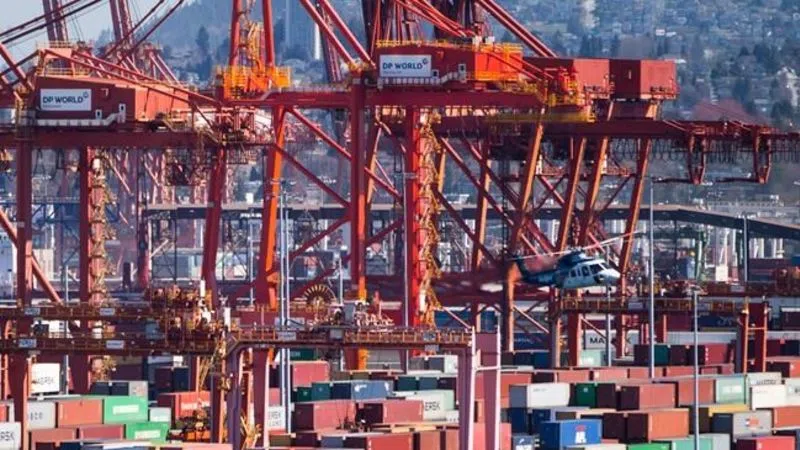
Tentative agreement reached in B.C.’s port dispute just as picket signs went up
VANCOUVER — A tentative agreement has been reached in a labour dispute that threatened to shut down all ports in British Columbia and have a ripple effect across the Canadian economy.
The International Longshore and Warehouse Union said Thursday the deal was reached after all-night bargaining with the British Columbia Maritime Employers Association.
About 6,500 longshore workers at ports from Metro Vancouver to Prince Rupert had already begun setting up picket lines as a lockout notice issued by the association expired Thursday morning.



